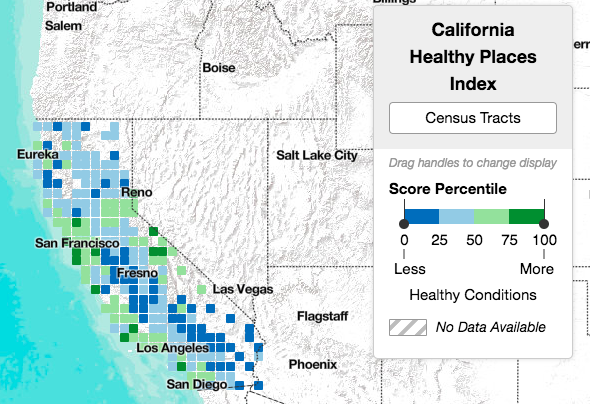United Hospital Fund launches Second Phase of Early Childhood Development Initiative to Address Social and Economic Factors Affecting Children's Health
/Eight hospitals are partnering with community-based organizations across NYC, with funding from United Hospital Fund, Altman Foundation, and the New York Community Trust.
"United Hospital Fund announced that it is launching the second phase of its Partnerships for Early Childhood Development (PECD) initiative, which partners New York-area pediatric primary care practices with community-based organizations to better address the social and economic factors affecting the health of very young children.
PECD was launched in March 2017 with funding from a collaborative consisting of United Hospital Fund, the Altman Foundation, and The New York Community Trust. The first phase of the initiative was designed to help pediatric primary care practices screen children ages 0-5 for social and environmental risks that interfere with healthy development, and connect them, through partnerships with community-based organizations, with services that can address those risks."
To read the full article, please click here. This piece is from United Hospital Fund.
Read More







